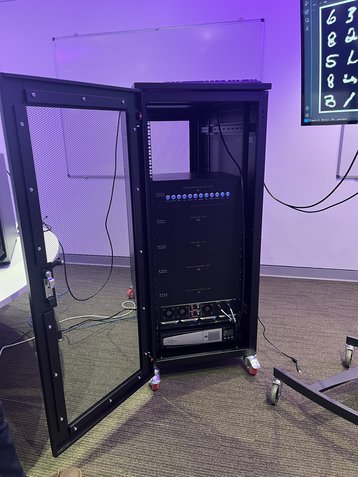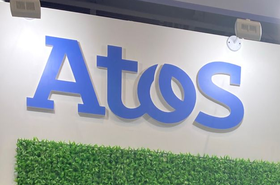Quantum computing company Orca has secured its first US customer.
Montana State University (MSU) has purchased two PT-1 quantum photonics systems, an investment that was funded by the US Air Force as part of a $115 million Applied Quantum Core grant.
Speaking to DCD at the Commercialising Quantum 2024 event in London on June 5, Professor Yves Idzerda, Dean of College of Letters and Science, MSU, said that the university selected the Orca machines because they’re working, modular systems that will allow the team to move things around or change them when necessary.
“By having a working system that has all the modularity you would like, it means we don't have to buy a new quantum computer every three years,” Professor Idzerda said, explaining that the university needed systems that were easy to install and flexible in terms of how they could be configured and upgraded across the course of their lifetime.
The two PT-1 systems purchased by the university will be deployed in a testbed facility that will allow people to see how their components might fit into future quantum computers. The systems will also be used to support the advancement of quantum technology applications in security, communications sensing, and computing, helping to bring projects from concept and testing to market.
Idzerda also wants to try and “demystify quantum,” making people see it as a force for good, while also broadening and diversifying the quantum workforce.
Unlike other quantum computers that need to be cryogenically cooled, Orca’s rack-mounted PT quantum systems operate at room temperature and rely on an optical fiber-based architecture.
Speaking at the same event, Per Nyberg, chief commercial officer at Orca, said that the US has always been a target geography for the company as the country is likely to represent a significant proportion of the global quantum market in the future.
He added that because many components in Orca’s systems originate from the US, from a supply chain perspective, it also makes sense for the company to have a footprint in the country.
However, on this occasion, it was MSU that first approached Orca to scope out the potential purchase, with Idzerda noting that location was not a consideration for the university.
“We were looking for the best company around, so it didn't matter where it came from,” Idzerda said. “We were also looking for a company who was like-minded [and we appreciated] that Orca would open the box for us so that we can improve the product as we go forward.”
A “broad” Memoriam of Understanding was signed by the two organizations, meaning that Orca will support MSU for as long as the university has its PT-1 systems deployed.
The systems haven’t shipped yet but they’re on course to be installed at Montana State University in Q4 of this year, when the building MSU will house them in is slated to be completed.







